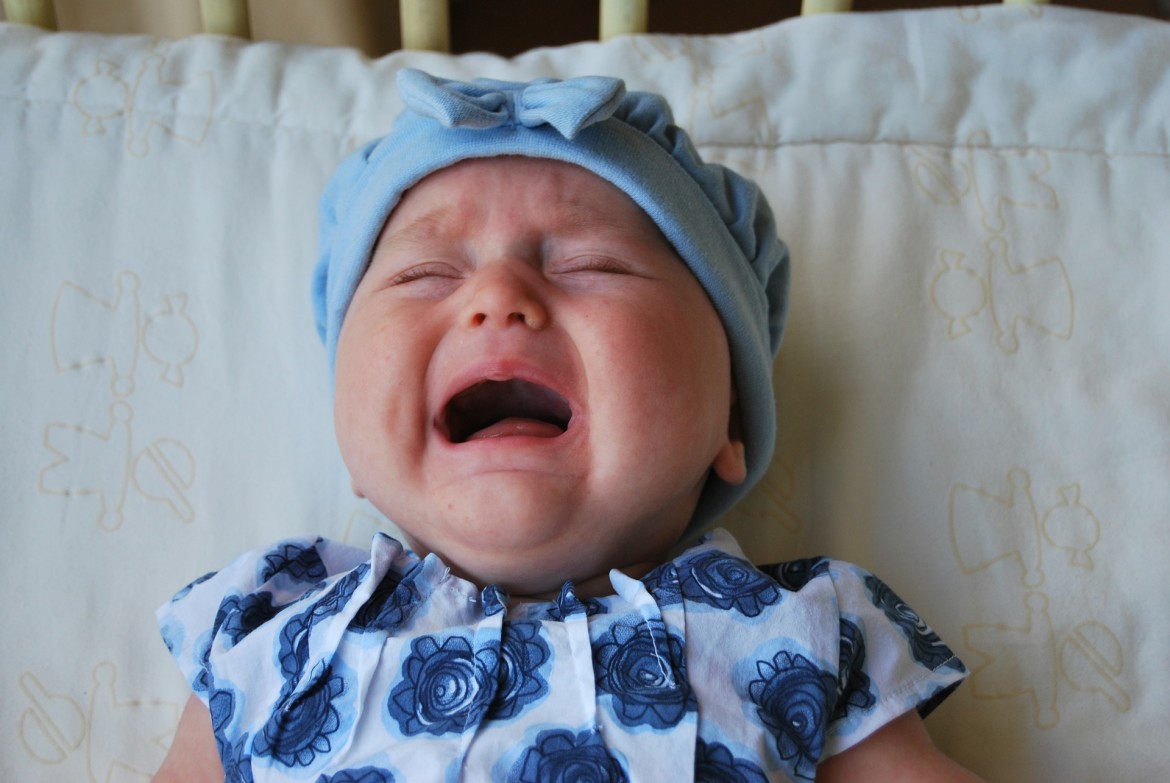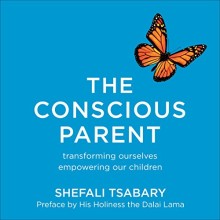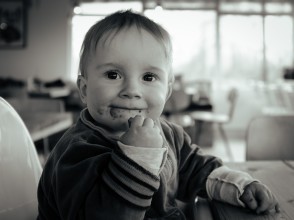Why you should never use controlled crying strategies
28 Jun, 2019Controlled crying is a form of sleep training that encourages letting a baby ‘Cry it out’ and go to sleep by themselves without parental intervention such as cuddles, comfort, breast-feeding or rocking. We already know that stress in a child can damage their development and affect the linkages between networks in their brain. A full-term baby only has about 25% of their brain development with the rest happening after birth very rapidly.
Research performed by Middlemiss, Granger and Goldberg in 2012 has shown that this has negative effects on a baby’s HPA axis (stress response system). The study followed 25 infants and mothers in a 5 day sleep-training study in which babies had to self-settle as mothers stopped responding to their cries at night. The researchers took samples of cortisol (through saliva) from the babies and their mothers and found that it was high in both babies and mothers during the first few days of controlled crying. What it also found, was that after the babies stopped crying, their cortisol levels still remained elevated, whilst the mothers’ levels decreased as their baby had stopped crying. In actual fact, the babies’ levels were still high – they had not ‘self-soothed’, they had cried themselves to the point of exhaustion or had realised that they were not going to receive any comfort and stopped crying. Yet the babies were not calm, their cortisol levels were still high and they were stressed.
Based on my previous post, we know that parental affection and cuddles can help regulate the baby’s emotions and act as an external regulator to help them calm down. Even if the baby continues to cry when carried, they may not be as stressed as if they were left alone in their cot to cry alone. A win-win on the other hand, is if the parent does pick up the baby when crying – both parent and child’s cortisol levels will reduce.
Controlled Crying: The Good, The Bad, The Ugly
The Good
Controlled crying is good for only one party involved in this whole parenting game – the parents. Eventually the child will cry themselves to sleep and accept that their parents will not respond to them when crying at night. The parents can then enjoy better sleep, probably function better at work the next day, have some alone time together to enjoy a quiet moment together or catch up on housework and admin tasks as they baby has been put to bed.
The Bad
Whilst this sounds like a dream, controlled crying can only have adverse consequences for the baby. As discussed, research has proven that controlled crying does not work. The baby still has extremely high levels of cortisol even after they stop crying. This means that babies are still extremely stressed which has negative effects on their development.
Read up on my previous blog posts:
The Ugly
The effects of this stress from controlled crying are not just during infancy. Decades of studies have shown the harmful effects that distressing young infants have on mammalian brains. Although we may be walking, talking, coffee-drinking, Netflix watching mammals we are mammals none-the-less. The fact that we suddenly need to go to work every day and have homes that require maintenance and have working days that do not revolve around the provision of food and shelter for our families does not override the millennia of evolution that make us more like are animal counter-parts than we think. If every other mammal breastfeeds, co-sleeps, suckles their young and comforts them at night – what makes us think we are any different?
I have provided a link to the ‘Dangers of Crying it out’ article which discusses the long-term effects of controlled crying, but to summarise:
Poor adult emotional self-regulation
Killing of neurons in the brain in the early years (consequences of which we have no idea)
Disordered stress reactivity (e.g. damaging of the vagus nerve)
Undermining of trust mechanisms
Research
https://www.ncbi.nlm.nih.gov/pubmed/21945361
https://www.psychologytoday.com/us/blog/moral-landscapes/201112/dangers-crying-it-out
Cover Image by Ben Kerckx on Pixabay
Get The Best Of Sleepy Roo Delivered To Your Inbox
Subscribe to my newsletter and get the latest info on baby sleep! You can unsubscribe at any time.



